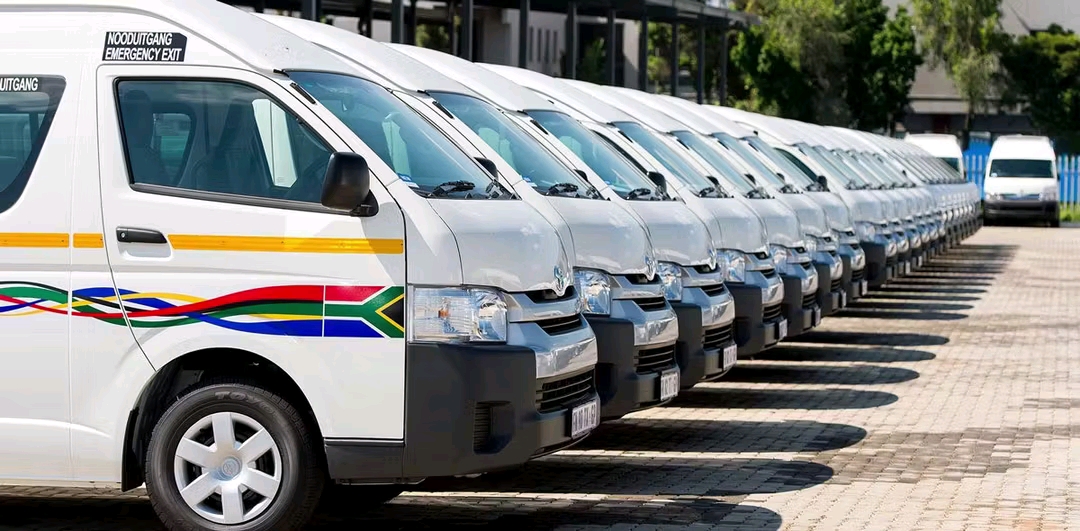
Taxi commuters across Ekurhuleni, including areas such as Germiston and Katlehong, were left stranded on Thursday, 28 August 2025, after the South African National Taxi Council (Santaco) announced the suspension of its operations in the region. The move follows growing frustration within the taxi industry over the continued impounding of vehicles by traffic and law enforcement officials.

According to Santaco, the decision to withdraw services was not taken lightly but was necessary to draw attention to what it describes as “unfair and selective enforcement practices.” The suspension has, however, left thousands of commuters who rely on taxis as their primary mode of transport without alternatives, sparking widespread concern about the knock-on effects for workers, students, and businesses in the area.
Dispute Over Permits and Impoundments
At the heart of the dispute is the ongoing confiscation of vehicles, particularly the 10-seater minibuses commonly referred to as “baby buses.” Santaco officials argue that these vehicles are being unfairly targeted for not having operating licenses, despite the fact that such licenses are no longer being issued by the relevant transport authorities.
“This difficult decision stems from the continuous impoundment of vehicles, especially the 10-seaters, which are consistently being removed from the roads under the pretext of not having operating permits,” said a Santaco spokesperson. “The fault lies with the government, as these permits are no longer issued. Yet, our operators are still being fined heavily, in some cases up to R5,000 per vehicle, just to have them released.”
Santaco maintains that this situation has created financial strain on taxi owners and drivers, threatening the survival of many businesses within the industry.
https://x.com/SABCNews/status/1961113152164180058?s=19
Allegations of Selective Enforcement
The association has also raised concerns about what it calls “selective law enforcement.” While taxi operators are subjected to daily fines and impoundments, other modes of transport, including seven-seater vehicles often used by e-hailing and informal services, reportedly continue to operate freely without facing similar restrictions.
“What is particularly concerning is the uneven playing field,” Santaco said. “E-hailing vehicles and other small operators are allowed to operate without proper permits, yet our members are penalised daily. This selective enforcement not only undermines our industry but creates unfair competition that government should be addressing.”
Call for Government Intervention
Santaco has urged the government to step in and engage directly with the taxi industry to find a sustainable solution. The association insists that the transport sector plays a vital role in South Africa’s economy and should not be crippled by poor regulation and inconsistent enforcement.
“The taxi industry carries the majority of South Africa’s commuters every day,” Santaco reminded authorities. “We call on the government to urgently resolve this matter and ensure that enforcement is fair, transparent, and consistent across all forms of public transport.”
Commuters Bear the Brunt
While the taxi industry pushes back against enforcement measures, ordinary commuters remain the hardest hit. Workers have reported difficulties reaching their jobs, while learners and students have struggled to attend school. Many fear the suspension of services could drag on if the government and Santaco fail to reach common ground soon.
For now, uncertainty looms over Ekurhuleni as the dispute continues, with stranded commuters anxiously waiting for clarity on when normal taxi operations will resume.




